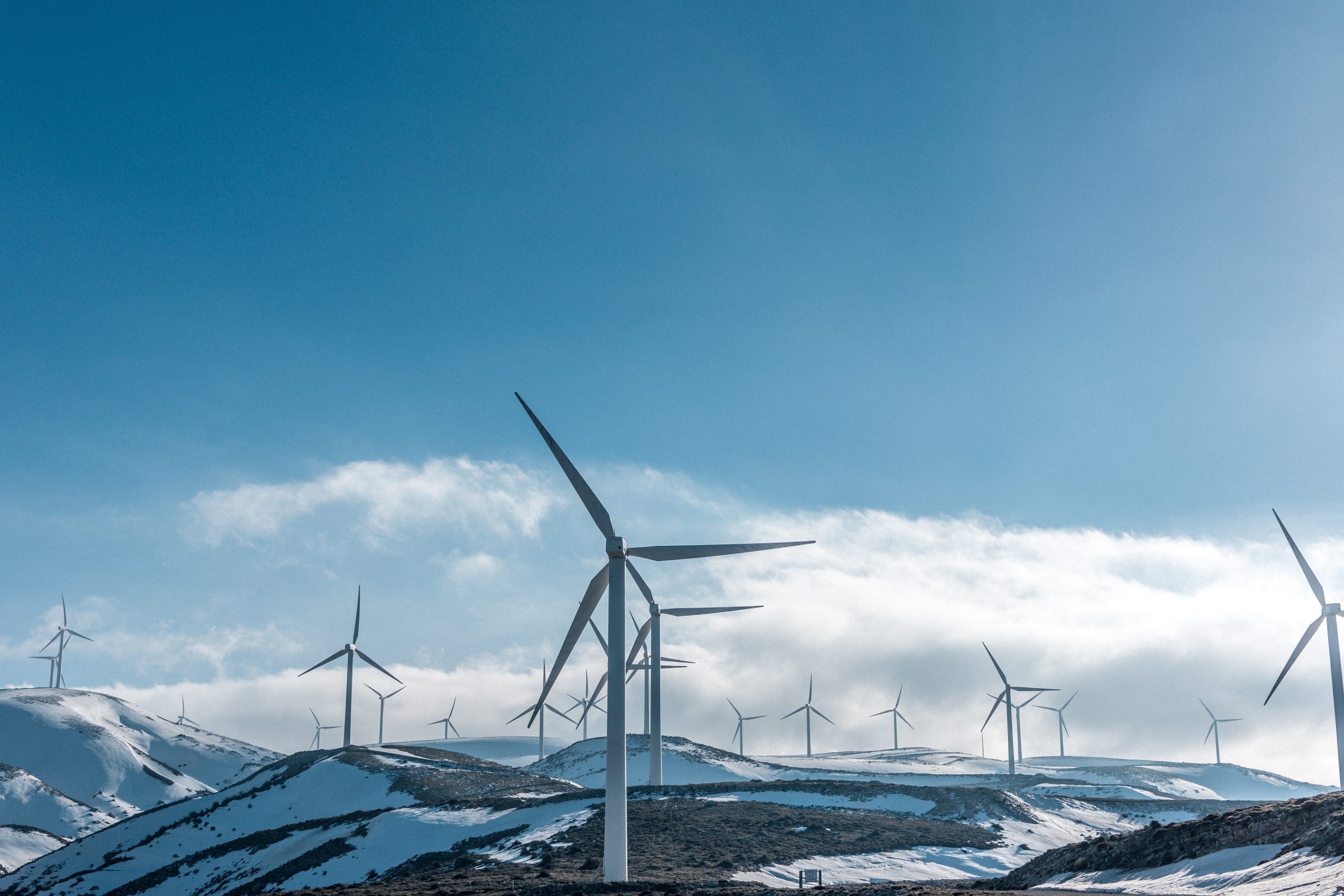You’re concerned about losing power during a storm. Or maybe you want to be prepared for the next blackout. Either way, you’re thinking about getting a backup generator. But which type should you get? There are multiple options to consider when installing a backup power unit in your house. From standard generators to more environmentally clean solar and wind generators, there is something out there to fit everyone’s needs. Here are the most used power backup options available today.
Portable Generators
Portable generators are great for providing backup power during storms or other events that cause widespread power outages. Portable generators are powered by gasoline, diesel, or propane. They have an engine that turns an alternator to produce electricity. The electrical output is then sent to a panel where it can be used to power appliances and other devices in your home. The biggest advantage is that they’re relatively inexpensive. You can find models that range in price from around $500 to $1,000. That’s a small amount to pay for the peace of mind that comes with knowing you have a power backup in an emergency. Another advantage of portable generators is that they’re easy to operate. Most models have a user-friendly control panel that makes it easy to start and stop the generator. One potential disadvantage is the noise factor. These generators are notorious for the amount of noise they produce.
Fixed Permanent Generators
Permanent generators are one of the best power backup options for your home. They are a larger form of portable generators but are quite expensive and require high maintenance. One of the advantages of fixed generators is that you don’t have to worry about running out of fuel – they run on natural gas or propane, so as long as you have those hookups, you’re good to go. They can power your house for days and can power all your appliances. However, there are a few drawbacks to consider. First, they can be very noisy – not ideal if you’re trying to get some rest during a power outage. Second, they produce carbon monoxide, so you must ensure the area is properly ventilated. But overall, fixed, permanent generators are a great option for powering your home during an outage.
Battery Backup System
A battery backup system consists of a group of batteries connected together. When the power goes out, the batteries take over and supply electricity to your home. The advantage of using a battery backup system is that it can store residual electricity in its batteries and can supply for hours when there is a power outage, and it is much safer because you don’t have to worry about carbon monoxide poisoning. Though it is more expensive than other options, it will ultimately be more economical in the long run. Comprehensive generator reviews found at GENERATOR MAG claim that a battery backup can cost around $10,000 to $15,000 but as it doesn’t need any fuel, it can be a better investment. The disadvantages are that the batteries need regular maintenance, which can be costly. And in case of a system malfunction, you can’t do anything but wait for a trained technician to assess and resolve the situation.
Solar Powered Backup
Solar-powered backup generators are one of the best options on the market. They’re environmentally friendly and easy to use. Solar-powered backup generators work by converting sunlight into electricity. The solar panels collect energy from the sun and store it in batteries. When there is a power outage, the solar generator uses that stored solar energy to power your home. Solar generators are also silent, so you won’t have to worry about noise pollution. And since they don’t use fossil fuels, they don’t produce any harmful emissions.
However, there are a few things to remember before you purchase a solar generator. Firstly, they’re more expensive than traditional gasoline generators. Secondly, they require more maintenance than other types of generators. And thirdly, they may not be able to power your entire home if you have a lot of appliances that use a lot of electricity. But overall, solar generators are a great option for those who want an environmentally friendly power backup option.
Wind Generators
A lot of people think that wind generators are just a passing fad. They couldn’t be more wrong! Wind generators are one of the green power backup options for your house. What wind turbines do is convert the kinetic energy from the wind into mechanical energy and this energy is then used to generate electricity. The electricity is further stored in batteries that can be used to power your home during a power outage. There are many advantages to using wind generators as your power backup option. For one, they’re environmentally friendly. They also don’t require any fossil fuels, which means they’re much cheaper to operate than gas or diesel generators.
Additionally, wind generators are very quiet, so you won’t have to worry about disturbing your neighbors during a power outage. However, there are disadvantages to using wind generators. One is that they require a lot of maintenance and can be expensive to purchase and install.
By choosing any of the above power backups, you’ll be sure to beat any blackouts. Be sure to compare each of them and understand which system would best suit your household.